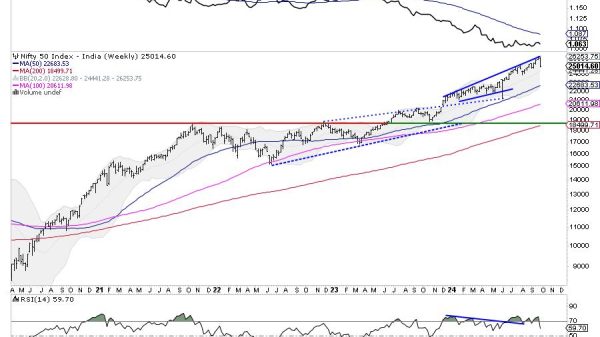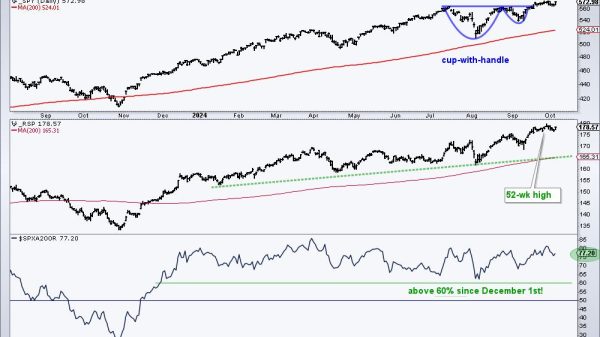Neal McCluskey
The Biden’s administration’s plan to greatly reduce student loan repayment, as I showed a couple of weeks ago, will be a boon to people who borrowed for undergraduate education. Under current income‐driven repayment, a borrower with average undergrad‐only federal student debt and average new graduate earnings would not only fully repay their debt, they would provide taxpayers a small, $216 profit. Under the administration’s much more generous SAVE proposal, in contrast, the borrower would cost taxpayers $6,362.
Undergraduate debt, however, is not the big number for many borrowers. That is grad school debt, which is not capped by Washington as is undergraduate borrowing. Today, I compare current IDR and SAVE repayment for someone with undergrad and graduate school debt.
With graduate debt, the biggest change from undergrad‐only is the horizon for forgiveness, which changes from 20 to 25 years. Whatever is left after 25 years of qualifying payments is canceled.
For estimates of current IDR and SAVE, I start with approximate first year earnings for a new graduate degree graduate with average graduate degree debt. Because there are many types of graduate degrees—master’s, doctorate, professional school—I use the average salary for an assistant professor (about $83,000) which happens to most closely coincide with average total student debt ($91,460) of someone with a graduate degree in the federal Digest of Education Statistics. That includes undergrad and grad debt. I use a 3.3 percent earnings increase each year, except in the 6th, 11th, and 16th years, when the borrower receives a 5.3 percent raise. I also increase the federal poverty level for a single person, which determines how much income is walled off from repayment, by 3.3 percent each year. (Basically, 3.3. percent is the inflation rate.)
For current IDR, 10 percent of discretionary income (what remains after removing protected income) must be repaid. Discretionary income is everything above 150 percent of the federal poverty line. For SAVE, the share that must be repaid is weighted between 5 and 10 percent, according to the mix of undergraduate and graduate debt, and discretionary income is everything above 225 percent of the poverty line. Using our original $29,719 in undergraduate debt yields $61,741 in grad debt and a 32–68 undergrad‐grad mix. That puts the share that must be repaid at 8.4 percent. The borrower consolidated undergrad and grad loans, which weights the interest rates for undergraduate (5.5 percent) and graduate (7.05 percent) loans at the same 32–68 mix, yielding an interest rate of 6.6 percent. Any interest left unpaid would be added to the loan under the current IDR, but not SAVE.
The first figure shows what happens under current IDR. The debt is repaid within 14 years, but unlike for undergraduate‐only debt, taxpayers lose out in present‐value terms. While in total the borrower will have repaid $99,676, that is only $81,246 in year one dollars—a $10,214 loss for taxpayers.
The second figure is the life of the loan under SAVE. Under this plan, the loan is paid off in under 18 years and the borrower will have repaid $98,346. In year one dollars, that is only $74,542, a $16,918 loss for taxpayers.
Income‐driven repayment, even now, helps borrowers and is a burden on taxpayers when graduate debt gets factored in. Moving to SAVE will more than double that taxpayer burden.





















